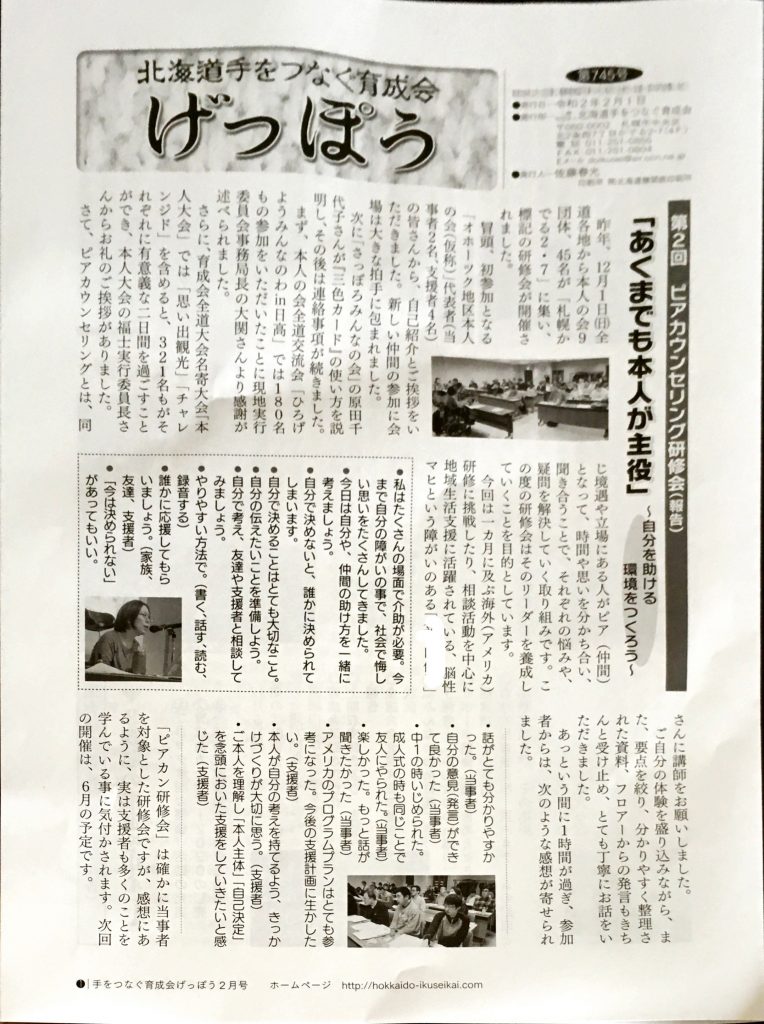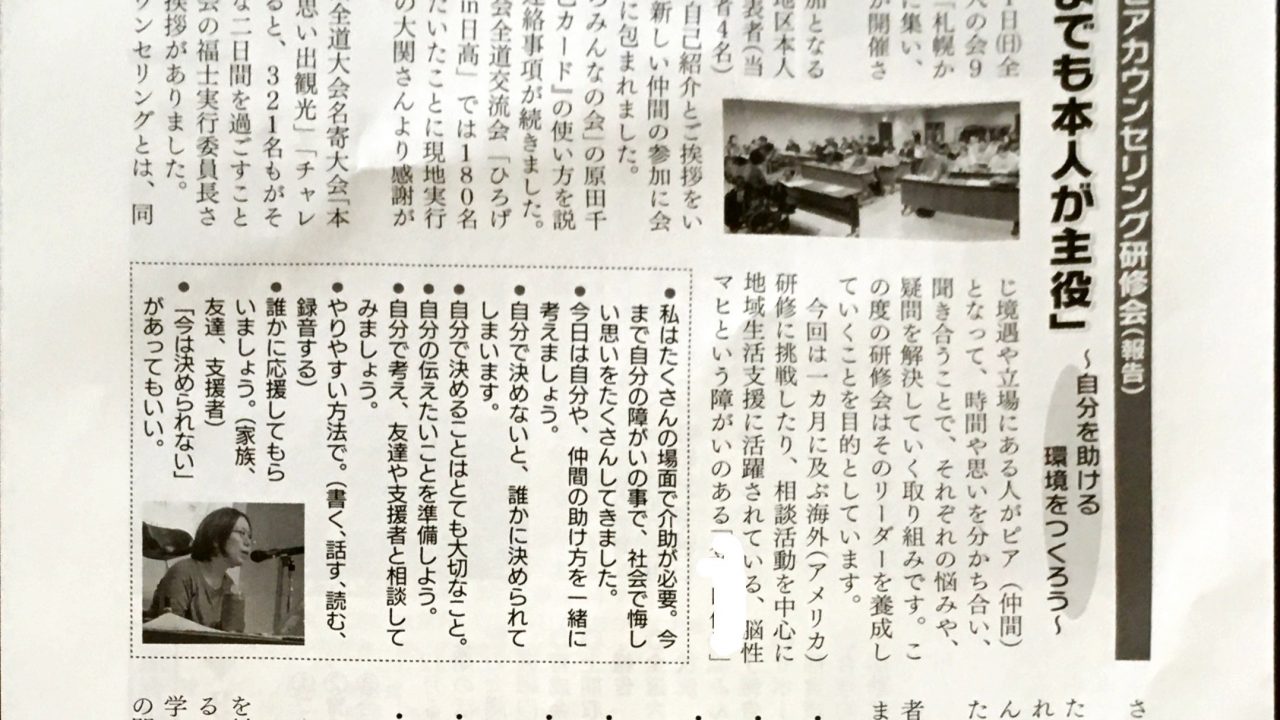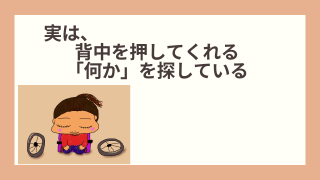“Your life is definitely yours.” That is what I try to keep in my mind. Today, I will write down an article in English. Because I thought it’s better to show my opinion than Japanese. If you would like to read in Japanese, please look over the following picture or use the Google translation system on your devices. 今回は英語で書いています。日本語で読みたい方は、グーグルなどの自動の翻訳機能を使っていただくか、下の記事をご覧ください。

I had a presentation regarding how to survive in your life for people with intellectual disabilities. It was my first time for me so I thought I needed more preparation than usual. On the other hand, I am sure that they have had the same experiences as people with other disabilities.
I will write below the outline I talked about.
- I need a lot of help to live every day. I have been frustrated with the discrimination against disabilities in our society.
- Today I would like to discuss how to help yourself and your friends together.
- If you don’t decide yourself, someone could decide without asking you.
- It’s definitely essential to decide on your own.
- Let’s prepare for telling what I would like someone to know you.
- Let’s try to ask friends and supporters to think by ourselves.
- You can choose anyhow to tell someone such as writing, speaking, reading your paper, or recording your voice.
- Someone(family, friends, supporters, and so on) could encourage you.
- You can skip the timing to decide whenever you want.
I have learned about the Person-Centered Approaching in the USA before. I knew that deciding what they need for people with disabilities has been normally accepted by social services for around 20 years.
I have realized that Japanese people also should know their history and thoughts. Because people with disabilities in Japan have been discriminated against in their daily life. They haven’t had enough time to learn how to appeal for help, do self-management, take part in their communities, and so on. These situations inescapably brought them including me to lose opportunities to decide their life.
Some audiences gave me thoughts after my presentation below.
- It was easy to understand. (people with a disability: PWD)
- I was happy to be able to express my thought. (PWD)
- I was bullied as I was a junior high student and 20 years old at the coming of age ceremony also. (PWD)
- It was fun. I wanted to know more. (PWD)
- I want to try to do a Person-Centered Approaching in my work. (supporter)
- I think It’s important to make an opportunity for them to have their own opinion. (supporter)
- I realized that I should help them with “Person-Centered” and “Self-determination”. (supporter)
I appreciate every audience listening carefully to my presentation.
















